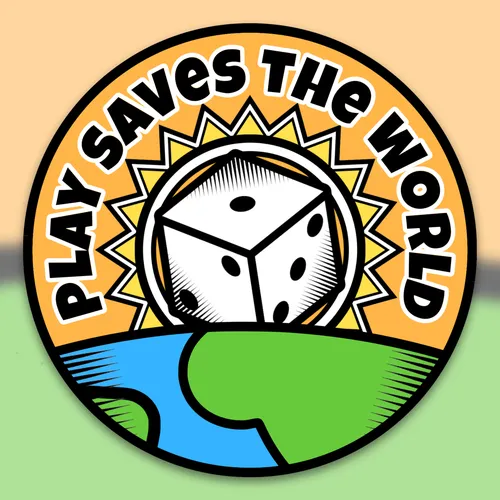Episode 25: Reflections on Teaching a College Class on Board Gaming
- Author
- Daniel Hilty & Kevin Taylor
- Published
- Sun 05 Mar 2023
- Episode Link
- https://boardgamefaith.fireside.fm/25
Ideas behind the class
What are board games, what is their history, how do they work, and why do they matter?
Structuring the class
I revisited some of our previous episodes – defining a game, Bernard Suits, Jane McGonigal
- Defining a board game
- history of board games
- mechanisms of board games (card drafting, worker placement, Euro, Ameritrash, bluffing, player elimination, trading, set collection)
- Games that teach history or lessons
- Games that are roleplaying and open-ended (TTRPG like D&D)
- Games and life, such as McGonigal Reality is Broken
- Magic circles: games and religion
Board Game Lab: the experience of playing board games
Documents in your syllabus that are familiar to the BGF community (The Grasshopper, Reality is Broken, Theology of Play, Meditations on Tarot), but a new addition is Nietzsche’s Zarathustra.
Games that we have played
- Kingdomino – Euro and set collection
- Secret Hitler – deception and social deduction
- Coup - deception and social deduction
- Pandemic (couldn’t finish) – co-op game and so influential
- Freedom (couldn’t finish) – a game that teaches
- Dune Imperium (couldn’t finish) – card drafting, a race, worker placement, hand management
- Happy Salmon – silly party game that is fun but kind of pointless (which is part of the fun)
- Bohnanza – trading, set collection, hand management
Things I have learned - What are you taking away from it?
- Spending time with young people is pretty wonderful
- It’s great to do theory and then experience/practice, especially in a small group/pod setting
- People are different – one dude loves the social deduction and bluffing element of Coup, while someone else loves the soothing Euro game Kingdomino
- Youths catch on quickly, and they love games
